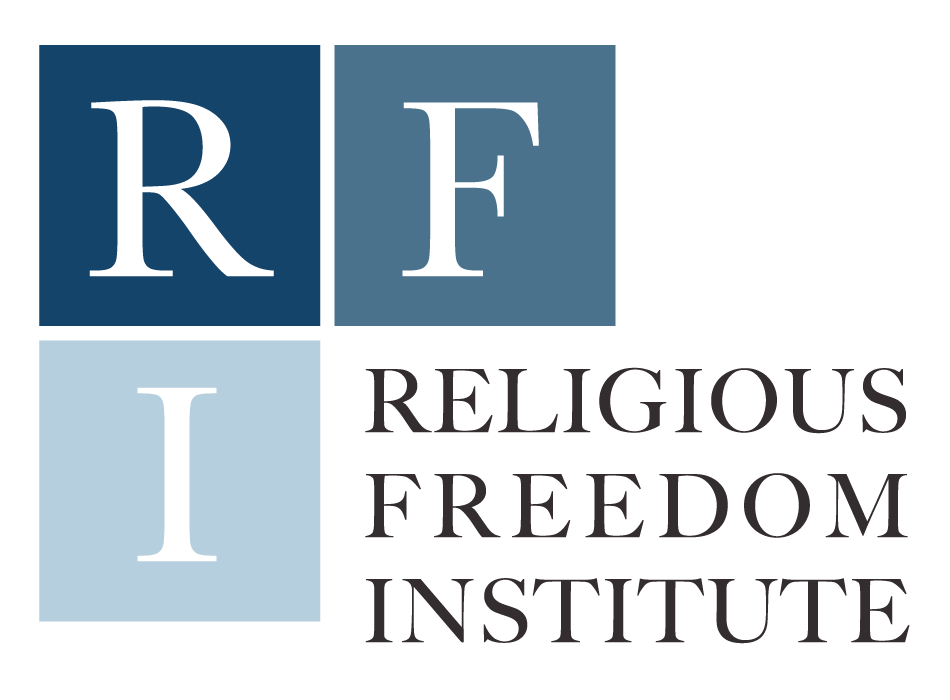November 27, 2018, Washington, D.C. — Four years after ISIS laid siege to ethnic and religious minority communities in Iraq and Syria, the U.S. Congress voted unanimously late today to fund humanitarian, stabilization, and recovery assistance for victims of genocide. The bipartisan legislation will go to the President’s desk for signing before the end of the year.
In response to the violent attacks by ISIS – which left many dead, others displaced without basic human needs, children orphaned, and as many as a few thousand Yazidi women still held in sexual slavery by their captors – the U.S. Department of State and Congress both formally declared the acts a genocide in 2016. Since those declarations, however, Congress has taken no action that would fully remedy the atrocities. “Today, Congress has delivered a much-needed message of encouragement and commitment to the persecuted minorities in Iraq and Syria,” said David Trimble, a Senior Fellow at the Religious Freedom Institute (RFI) in Washington, D.C.
H.R. 390, the Iraq and Syria Genocide Emergency Relief and Accountability Act, introduced first in the 114th Congress and again in the 115th Congress on January 10, 2017 was cosponsored by Representatives Chris Smith (Republican, NJ) and Anna Eshoo (Democrat, CA). The law substantively augments other Administration relief and stabilization effort by providing systematic funding to address the desperate suffering of Christians, Yazidis, Shabak, Kakai, Turkomen, Shi’a Muslims, and other minorities at the hands of ISIS in their murderous campaign to eradicate these communities from the Middle East. The Act will also support investigative and prosecutorial mechanisms to bring ISIS perpetrators to justice.
The Religious Freedom Institute has worked closely with Congress since the bill’s inception to encourage a swift response to ISIS and its devastating impact upon pluralism in the region. Kent Hill, Executive Director of RFI, stated: “The situation in the Nineveh Plain and Sinjar Province has grown extremely urgent. Unless concrete steps are taken now to help these victims return safely to rebuilt homes, schools and churches, the prospects for stabilizing pluralism in Iraq will be lost.”
Tom Farr, President of RFI and an expert on the relationship between religious freedom and national security, has emphasized this must not happen: “The present and future stability of the region is tied directly to preserving these historic and diverse communities of faith. Providing emergency relief to these victims is the right thing to do; it is also a strategic component of sound U.S. foreign policy.”
Leadership and senior staff in the Senate and the House have labored vigorously in recent months to ensure that H.R. 390 would be signed into law before Christmas recess. Received back in the House on October 12, 2018 after passing the Senate unanimously with bipartisan support, House Majority Leader Kevin McCarthy committed to avoiding further delays in bringing the bill to a final vote. Congress and the Administration must now act with urgency to implement H.R. 390 if it is to have an impact on the persecuted ethnic and religious minorities in Iraq and Syria, and on American national security.

Media Contact:
Jeremy P. Barker
media@religiousfreedominstitute.org
202-838-7734
www.religiousfreedominstitute.org
The Religious Freedom Institute (RFI) works to secure religious freedom for everyone, everywhere. The RFI is a non-profit, non-partisan organization based in Washington, D.C.
THE RFI BLOG

Myths of Religious Nationalism in America and Abroad

France’s Olympic Hijab Ban Violates International Law And Exacerbates Tensions

RFI Briefs USCIRF on Lessons from 25 Years of U.S. Designating Religious Freedom Violators

Thought Police: Protecting the People from Prayer

A Religious “Delaware”: Establishing a State Haven for Religious Corporations
CORNERSTONE FORUM

Challenges to Religious Freedom in Iraq and the Critical Need for Action

Public Bioethics & the Failure of Expressive Individualism

Religious Liberty in American Higher Education

Scotland’s Kate Forbes and the March of Secularism

